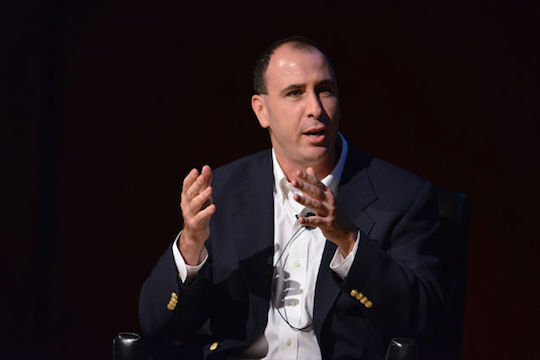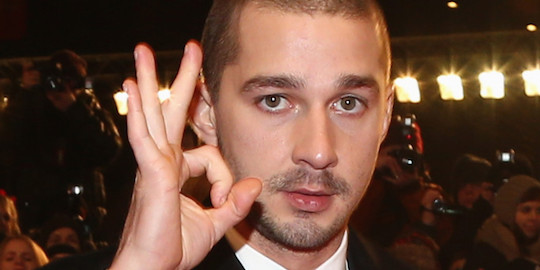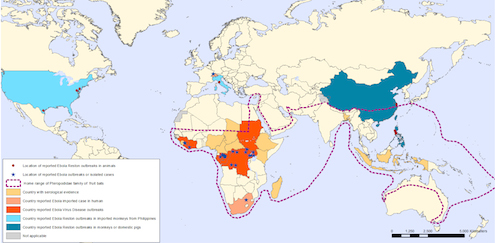One of the signal pleasures of reading Jonathan Chait’s essay on political correctness in New York Magazine is being glad you didn’t write it. Chait makes some good points, one of which is that social media will probably excoriate him. He’s right. My personal favorite is the tweet that accuses him of mansplaining the term mansplaining, which includes a shrugging emoticon but does not say how his explanation is wrong. Perhaps the implication is that anyone but a white man should explain what that term means, which seems right. It is certainly a bitter irony that a man should establish the definition of pedantic man-talk. Something about that sentiment seems illiberal, though. Must Chait be wrong in defining mainsplaining even if his definition is correct? Here we encounter the crux of his argument, and the complicating realization that he is the wrong person to make it.
Category Archives: Ethical Dilemmas
Is it wrong to question Shia LaBeouf’s rape narrative?
More than one of you sent me news that Shia LaBeouf says he was raped during #IAMSORRY, the performance-art apology for plagiarizing Daniel Clowes that was itself plagiarized from Marina Abramovic. Sorry—we got sucked into a Baudrillardian whirlpool there. The important part of the sentence is that somebody raped Shia LaBeouf, or so he said in an interview with Dazed. His description of events—a woman entered the exhibit, lashed his legs with a cane, and raped him while her boyfriend waited outside—conflicts with reports from his fellow artists. Also, it is insane. But to even allude to these issues is to question the narrative of a victim of sexual assault, which is wrong. I quote the AV Club’s Sean O’Neal:
But to question any of these details…is to enter into the always-uncomfortable arena of casting doubt on a sexual assault allegation…to blame the victim. Timed as it is in the midst of the continued controversy surrounding Bill Cosby, LaBeouf’s story could also be seen as commentary on the way society treats rape accusations, particularly when they involve a celebrity. But, again, to even suggest there may be some other, “artistic” purpose to LaBeouf coming forward with this would be to trivialize a charge of sexual assault.
I swear, if that son of a bitch made us think about this on purpose…
Do fetuses matter more than women?
Over at The New Republic, Rebecca Traister has written a provocative essay titled Let’s Just Say It: Women Matter More Than Fetuses Do. Kombat! Kids: can you cut two words from that headline? Extra credit: can you explain why declaring that an adult woman has more rights than a cluster of cells feels transgressive? About two thirds of the way through, Traister suggests that it might feel that way since Roe v. Wade. As women gained rights not just to legal abortions but also to economic and political parity, they lost the aura of sanctity that came with purely reproductive value:
What rose up instead was a new character, less threatening than the empowered woman: the baby, who, by virtue of not actually existing as a formed human being, could be invested with all the qualities—purity, defenselessness, dependence—that women used to embody, before they became free and disruptive.
The way we talk about abortion suggests that we are most comfortable with people who don’t exist.
Villagers blame doctors for ebola in Africa
Don’t worry: the turquoise area on the map above only shows where the ebola virus has been found in monkeys imported from the Philippines. I don’t want to succumb to hysteria, but maybe the United States should refrain from importing Filipino monkeys for a while, just until this blood-exploding-through-people’s-skin thing blows over. Then again, that’s the same sort of correlation/causation thinking that has led villagers in Guinea and Liberia to bar aid workers from entering their communities. Where there’s ebola, there are doctors. Ergo, doctors must be causing ebola. Education is a public health issue, you guys.




